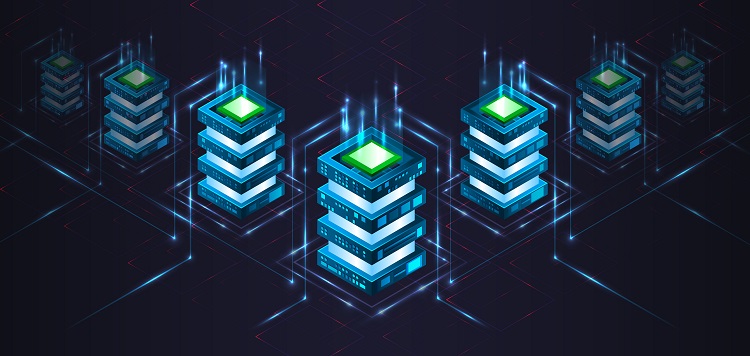Data centers are an essential part of the internet, providing crucial services and resources to businesses and individuals worldwide. Unfortunately, these critical infrastructure components are increasingly becoming the target of malicious cyberattacks, a fact that was recently made clear in a blog post by security firm Resecurity. In the post, Resecurity outlined how they discovered an ongoing campaign targeting data center organizations, which has resulted in the theft of information from some of the world’s largest companies, as well as the disclosure of access credentials on the dark web.
Resecurity first encountered this campaign in September 2021, when they discovered that the threat actor had collected various records from over two thousand data center users. The malicious cyberattacks have been carried out against numerous data centers spread across different regions during the past year and a half. On Monday, Resecurity researchers uncovered credentials related to data center organizations that were acquired during different phases of the malicious campaign, and were published in an underground forum known as Breached.to. Most sections of the forum were translated into Chinese, indicating that some of the actors behind these cyberattacks could be originating from China or other countries in South-East Asia.
The malicious cyberattacks targeting data centers have created a significant impact on supply chain cybersecurity. According to Resecurity’s blog post, the stolen credentials could be used to gain unauthorized access to corporate networks and resources, as well as gain access to sensitive information and intellectual property stored within the data centers. This could potentially lead to further exploitation of companies’ systems and resources, putting their business operations at risk.
It is important to note that data centers are not just a target for malicious cyberattacks, but they can also be used as a platform for launching them. For instance, attackers could use stolen credentials to gain access to a data center’s resources and then launch attacks from within it, making it much harder for security personnel to detect and defend against them. Additionally, attackers could use compromised data center resources to launch distributed denial-of-service (DDoS) attacks against other organizations or networks.
Given the implications of these malicious cyberattacks on supply chain cybersecurity, it is essential for organizations to take steps to protect their data centers from such threats. Organizations should consider implementing security measures such as multifactor authentication, regular monitoring and auditing of their systems, strong access controls, and secure back-up solutions. Additionally, organizations should ensure that they have the necessary personnel and resources in place to respond quickly and effectively to any security incidents that may occur.
It is also essential for organizations to understand the origin of the actors behind these cyberattacks. While it appears that actors from China and other countries in South-East Asia may be involved in this campaign, it is possible that threat actors from other countries could be involved as well. This means that organizations should take measures to protect their systems from threats originating from all sources.
Organizations must also remain vigilant by monitoring for any suspicious activity on their networks and responding accordingly when necessary. This includes taking steps such as disabling access credentials that have been exposed, as well as investigating any potential incidents and taking appropriate measures to mitigate any damage caused by them. Additionally, organizations should ensure that they are aware of any new threats or vulnerabilities that may affect their systems so that they can take steps to protect them against such threats in the future.
In conclusion, malicious cyberattacks targeting data centers have become increasingly common in recent years, with Resecurity discovering an ongoing campaign targeting these organizations over the past year and a half. These attacks pose a significant threat to supply chain cybersecurity by granting attackers unauthorized access to corporate networks and resources, as well as potentially leading to further exploitation of companies’ systems and resources. To mitigate these risks, organizations must take steps such as implementing security measures, understanding the origin of the actors behind these attacks, monitoring for suspicious activity on their networks, and responding quickly and effectively when necessary. Taking these precautions can help organizations protect their data centers from malicious cyberattacks and ensure their business operations remain secure.

